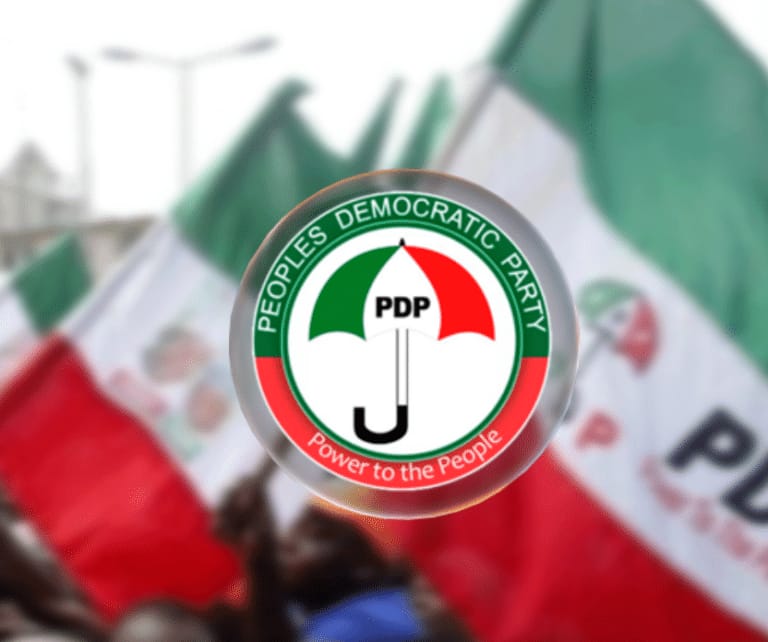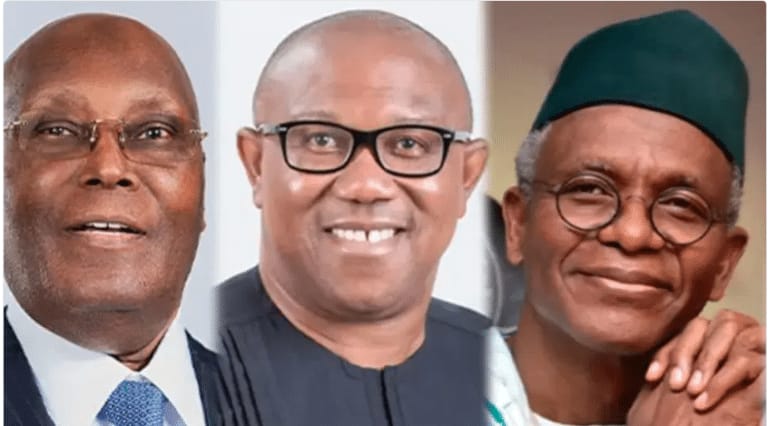The Peoples Democratic Party (PDP) has officially zoned its 2027 presidential ticket to the southern region of Nigeria. The move, which marks a significant shift from its 2023 position of leaving the ticket open to all regions, was ratified during the party’s 101st National Executive Committee (NEC) meeting held on Wednesday in Abuja.
According to party insiders, the decision was made following recommendations from the party’s founding fathers, who had met earlier in the week to chart a new course for the PDP ahead of the next general elections. The change is aimed at restoring confidence among southern stakeholders, many of whom felt sidelined during the 2023 presidential primaries, which eventually produced former Vice President Atiku Abubakar from the North as the party’s flagbearer.
A member of the NEC, who requested anonymity, confirmed the decision, stating that it was taken in the interest of national unity and party cohesion. “The mood in the hall was largely in favour of unity and strategic balance,” the NEC member said. “After carefully weighing the options, we agreed to adopt the founding fathers’ recommendation to zone the 2027 presidential ticket to the South. This is meant to rebuild trust among our southern members after the 2023 fallout.”
The PDP’s founding fathers reportedly played a critical role in convincing NEC members to adopt the zoning strategy. Their argument centered on the need to reposition the party as a truly national platform that respects regional balance and rotational leadership, especially in a political climate increasingly defined by calls for equity and fairness.
The NEC also announced that the party’s Elective National Convention, previously scheduled to take place in Kano, will now be held in Ibadan, Oyo State. The shift in venue is being interpreted as further evidence of the party’s southern recalibration and commitment to inclusivity.
Despite zoning the presidency to the South, party officials revealed that the existing zoning formula for national offices would be retained. This compromise, party leaders say, was essential to avoid new internal conflicts and maintain organizational stability as the party prepares for the 2027 election cycle.
Political observers see the zoning decision as a tactical response to the backlash the PDP faced in 2023, when it was accused of ignoring internal agreements and regional expectations. By opening up the presidential ticket exclusively to southern aspirants, the party hopes to regain credibility and repair damaged relationships, particularly in the South East and South South geopolitical zones.
The move is also expected to influence the ambitions of top PDP figures. With the ticket now officially zoned to the South, northern hopefuls—such as Atiku Abubakar, who has contested the presidency multiple times—may be required to reconsider their plans for 2027 or seek a different platform. Meanwhile, southern PDP members, including former Anambra State governor Peter Obi—who defected to the Labour Party before the 2023 elections—may find renewed incentives to either return or align more closely with the PDP.
There is also speculation that the zoning decision could affect coalition talks between the PDP and other opposition parties. The African Democratic Congress (ADC), for example, is currently managing internal tensions over Atiku’s possible candidacy and growing calls for a southern presidential nominee. The PDP’s decision may bolster efforts to form a unified opposition front around a southern consensus candidate.
While the zoning move is already being hailed by some as a step in the right direction, others caution that its success will depend on transparent implementation and genuine party reforms. Some stakeholders within the PDP have previously expressed concerns that zoning agreements are sometimes disregarded during primaries, leading to internal resentment and defections.
Nevertheless, the PDP leadership appears committed to rebuilding the party’s image ahead of 2027. The upcoming convention in Ibadan is expected to serve as a critical moment for the party to present a united front, clarify its internal policies, and officially kick off the search for its southern presidential candidate.
With political campaigns for the next general election expected to intensify in the coming year, the PDP’s zoning decision marks a strategic move to assert its relevance and respond to growing regional demands for fairness in the nation’s highest office.





